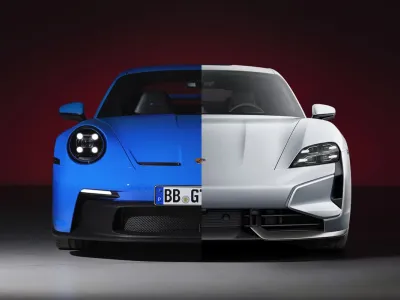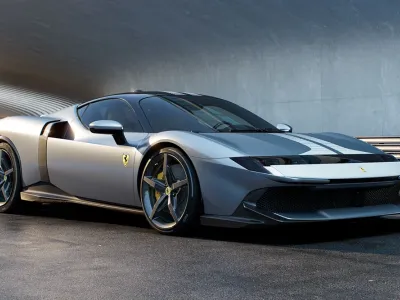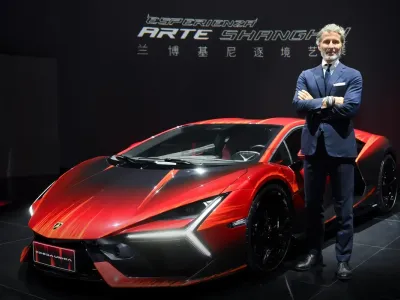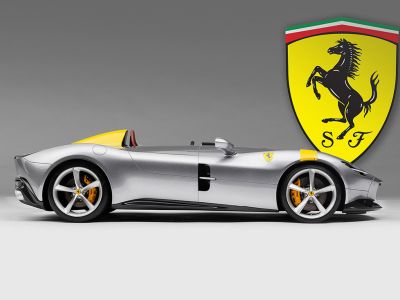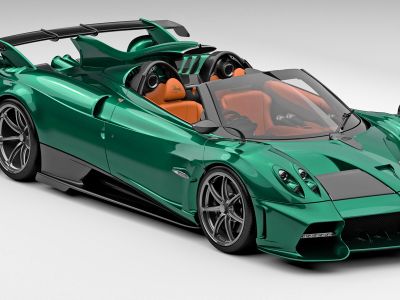Are International Auto Shows really disappearing?
Auto shows have been for most of the past century the main promotion channel for automotive manufacturers. Especially in Europe and North America, the first exhibitions started at the beginning of the last century. It has been years now though since talks around the eventual demise of Auto Shows have started going around.
Nowadays, despite being still an important part of the industry, the Global Pandemic might have very well accelerated the change.
The advent of the internet and growing trends like live streaming, augmented and virtual reality, are offering OEMs a faster, efficient, and more cost-effective way to reach an even bigger audience. Many automakers have started adopting alternative solutions a while back. The Quarantine forced many of them to use it. So, are International Auto Shows going to disappear completely in favour of virtual events?
WHAT IS THE CURRENT SITUATION FOR AUTO SHOWS?
The map below shows all the major Auto Shows and Concours d’Elegance organised since the dawn of the automotive industry. It does not include rallies and specialised events for tuning and other connected disciplines, but only exhibitions where automotive marques participate to present new models or promote existing ones.
INTERNATIONAL AUTO SHOWS WORLDWIDE
 *Source: Auto Shows Official websites - Graph created by the Author
*Source: Auto Shows Official websites - Graph created by the Author
A few trends are immediately observable from it. The major concentration in Western countries is either around major cities or places with a long history of automotive heritage. Germany, Italy, France, and the UK in Europe, while in the US New York, Detroit, Chicago, and Nashville. In the East, developing countries such as China and India have fewer events but, thanks also to the huge population, a much higher average number of attendants per event. A contributing factor to this higher attention to Automotive shows are also the more unstable and less saturated markets if compared to those of Western Countries. China’s slowdown of the last two years could be partially offset by the growing EV segment.
 *Shanghai Motor Show
*Shanghai Motor Show
More important is the data regarding disappearing exhibitions. 71% of those highlighted in blue in the map have been permanently cancelled in the last decade, the percentage goes up to 93% by adding two years more since the 2008 Financial Crisis. Over 90% of the cancelled shows are set in Western countries where up until now there has been more variety.
These data show a general trend developing in the era of the internet where small to medium-sized exhibitions are disappearing, and large ones are heavily affected, due to three main factors. High costs for manufacturers, changing audiences and new opportunities offered by technology.
MANUFACTURERS CHANGING STRATEGY
Participating in large auto shows with eye-catching stages, presentations and official press conferences can easily cost up to a few million. Just the slot at the Detroit North American International Auto Show conference alone is up to $1 million. Along with this, particularly in Western Countries, numbers of attendants at auto shows have at best remained stable lately. The general trend though is downward.
So, manufacturers are looking at diverse strategies. From participating in tech-related conventions like LA’s CES as the industry moves toward electric to creating bespoke private events.
 *Polestar at Geneva autoshow
*Polestar at Geneva autoshow
A while back, a Tesla spokesperson in an interview with Reuters claimed that the company is more likely to look for “events where automobiles might be less expected”. This is the spreading general sentiment. Why OEMs should reserve huge amounts of money for shows only to share the spotlight with their competitors when they could be doing it completely on their own terms and still get the same media coverage?
This is especially true when it comes to unveiling dates. Some companies will pick events on a case-by-case basis according to their own model release schedule.
HOW THE PANDEMIC ACCELERATED THE CHANGE
The Covid-19 outbreak that affected the entire industry, stopped also the first wave of big international auto shows. Some of those planned for the second part of the year are being cancelled as well or being delayed at least.
The most notable in Europe was the Geneva Motor Show. The cancellation forced car manufacturers to come up with alternative solutions. The different approaches were interesting. While all scheduled a time for a live presentation online, the execution was different. British marques Aston Martin and McLaren, along with others, opted for an official unveiling at their respective headquarters, while Swedish automaker Koenigsegg, having set up its own stand at the Swiss event, took advantage of it for the live presentation.

Following the live shows, a major event for the luxury low-volume companies’ segment during the quarantine period has been the Lamborghini Huracán AR presentation I discussed in a previous article.
The significant audience attention obtained by these live events arranged with a relatively short notice surely gave automakers a good indication of online means potential for this kind of event. In March 2020, this has been a forced decision, but in the coming years, it could become a conscious choice.
ARE INTERNATIONAL AUTO SHOWS GOING TO DISAPPEAR?
One likely consequence of this evolving environment is the further separation between market segments.
Low-volume manufacturers have already extensively adopted private events exclusively organised for their highly selected customer base. Most of them still take part in public events, even if the attended events are less than before.
Just a couple of weeks back, Lamborghini shocked the media confirming that it will not present any new model at public events again. The company will instead focus on private events and use online channels as the traditional motor shows do not reflect anymore the brand’s values.














After the difficult 2020, with the virus outbreak forcing different routes, more companies could follow the example. Both Aston Martin and Bentley would have already spoken about skipping the 2021 Geneva Motor Show.
As for the rest of the industry, the same formula would not be sustainable, considering the higher number of models produced every year and the audience's attention. In this context, the shows will likely take a different direction.
They are still considered one of the best platforms for networking. But in the coming years, the focus will arguably shift more towards the potential customers attending the event with more interactivity and a higher technological integration rather than traditional unveilings and press conferences. These will be increasingly paired with strong online activity and daring marketing campaigns. Some OEMs like Mercedes have already understood the potential of this formula. Relevant innovations might also come from the East, where several shows consistently attract much larger audiences. Overall, if the change is adopted by others as well, the International Motor Show could change for the best instead of disappearing.
If you like what you read here and you would like to support me in developing this platform you can do it here:
IF YOU WOULD LIKE TO SUPPORT ME AND THIS WEBSITE’s DEVELOPMENT

